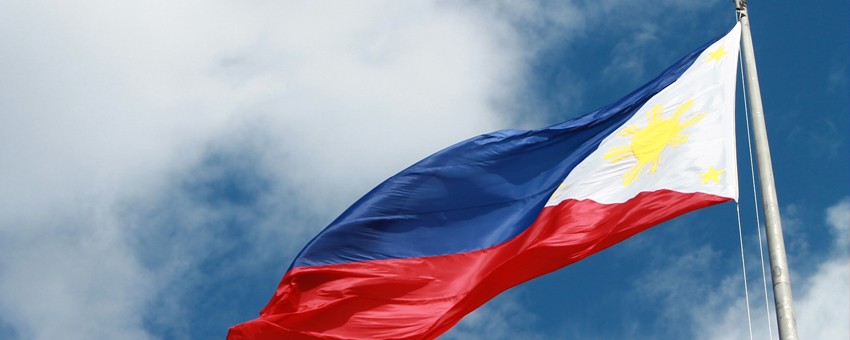
THE country will suffer from a larger trade deficit if the government insists on rationalizing tax incentives, as foreign exporting firms will most probably move their operations to neighboring Southeast Asian countries, according to the Joint Foreign Chambers of the Philippines (JFC).
In a news briefing on Wednesday, JFC members stood united in opposing the administration’s move to rationalize tax incentives. The measure is one of the two main objectives of the second round of legislation under the Comprehensive Tax Reform Program (CTRP). The House of Representatives, which approved it on third and final reading late Monday, has called it the Tax Reform for Attracting Better and High-Quality Opportunities, or “Trabaho” bill.
Michael K. Raeuber, former president of the European Chamber of Commerce of the Philippines, argued that the first tax- reform program—embodied in the so-called TRAIN law, for Tax Reform for Acceleration and Inclusion—had already reduced the purchasing power of Filipinos, amid a continuing blame game over the extent to which the TRAIN law accounts for the higher-than-expected inflation, hitting 6.4 percent in August. The Trabaho bill will discourage the entry of new locators, he said.
“You already have TRAIN. You have tax reforms. You have higher taxes for several people. Others are getting relief, but the way it looks now, the others pay more. I am afraid they have less money in their pockets. If they have less money in their pockets, then they have less to spend,” Raeuber said.
BPO, electronics threatened
“People are asking if I am investing in this country, what is my biggest worry? My biggest worry is that someone will tinker with the BPO [business-process outsourcing] industry and, as a result, you have a decline of money available to spend,” he added.
The BPO industry is seen to take a hit from the rationalization of incentives, as a number of BPO firms are in economic zones operated by the Philippine Economic Zone Authority (Peza).
For his part, Julian H. Payne, president and CEO of the Canadian Chamber of Commerce of the Philippines, said the country might see a further decline in exports if the Trabaho bill is enacted into law. “If you look at your exports, they are primarily electronics,” he explained.
“If you look at where electronics grow, they are primarily in Peza zones. I think one of the key to exports is the efficiency of operating in Peza zones as now regulated. I think to encourage an increase in exports you have to be very careful in how you manage Peza zones because if these things are made less efficient, then you would see an adverse impact on exports,” Payne added.
Given all these concerns, foreign chambers were united in concluding that the country’s trade imbalance could slump further if tax incentives are modernized. Trade deficit from January to July currently stands at $22.49 billion due to weak exports, according to figures from the Philippine Statistics Authority. It is nearly twice the $13.06 billion in the same seven-month period in 2017.
Ebb Hinchliffe of the American Chamber of Commerce of the Philippines said he understands where the government is coming from. However, he stressed, fixing the tax system must not be at the expense of losing investors.
He argued it will be better for this administration to focus on its big-ticket infrastructure projects that will aid exporters in their operations.
“First of all, you got to reach your goods from the factories to the ports. Second, [we need] to attract people to come here and export more,” Hinchliffe said.
“We need better infrastructure, better seaports, better airports, better roads and better rail. I do not think Trabaho will change the system that we are talking about. Leave Peza alone,” he added.
The House of Representatives, voting 187-14-3, recently approved the Trabaho bill. The measure is expected to face tough scrutiny in the upper chamber, according to Senate President Vicente C. Sotto III.
Article was originally posted on September 13, 2018 at the Business Mirror